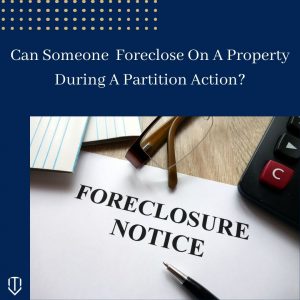 Yes. Child support liens attach to real estate in California both voluntarily and involuntarily. Liens are effectively a public notice of outstanding claims against your property. In the case of child support, a custodial parent can place a lien against the non-custodial parent’s property when they fail to make court ordered payments. Child support liens last until the non-custodial parent resolves their debt by payment in full.
Yes. Child support liens attach to real estate in California both voluntarily and involuntarily. Liens are effectively a public notice of outstanding claims against your property. In the case of child support, a custodial parent can place a lien against the non-custodial parent’s property when they fail to make court ordered payments. Child support liens last until the non-custodial parent resolves their debt by payment in full.
What is a Lien?
Non-custodial parents in California pay the custodial parent child support payments because they do not have primary physical custody of their child(ren). Non-custodial parents enter a payment deficit when they fail to make child support payments, subsequently allowing courts to place a lien on the non-custodial parent’s property. (Code Civ. Proc., § 697.320; Fam. Code, § 17523.)
 California Partition Law Blog
California Partition Law Blog


 This article is about whether a personal lien, like a lien for child support, can attach to real estate. This is important because property can be used as collateral for debt voluntarily or involuntarily. This means the owner of the property uses the property as collateral by having a lien placed on it.
This article is about whether a personal lien, like a lien for child support, can attach to real estate. This is important because property can be used as collateral for debt voluntarily or involuntarily. This means the owner of the property uses the property as collateral by having a lien placed on it.